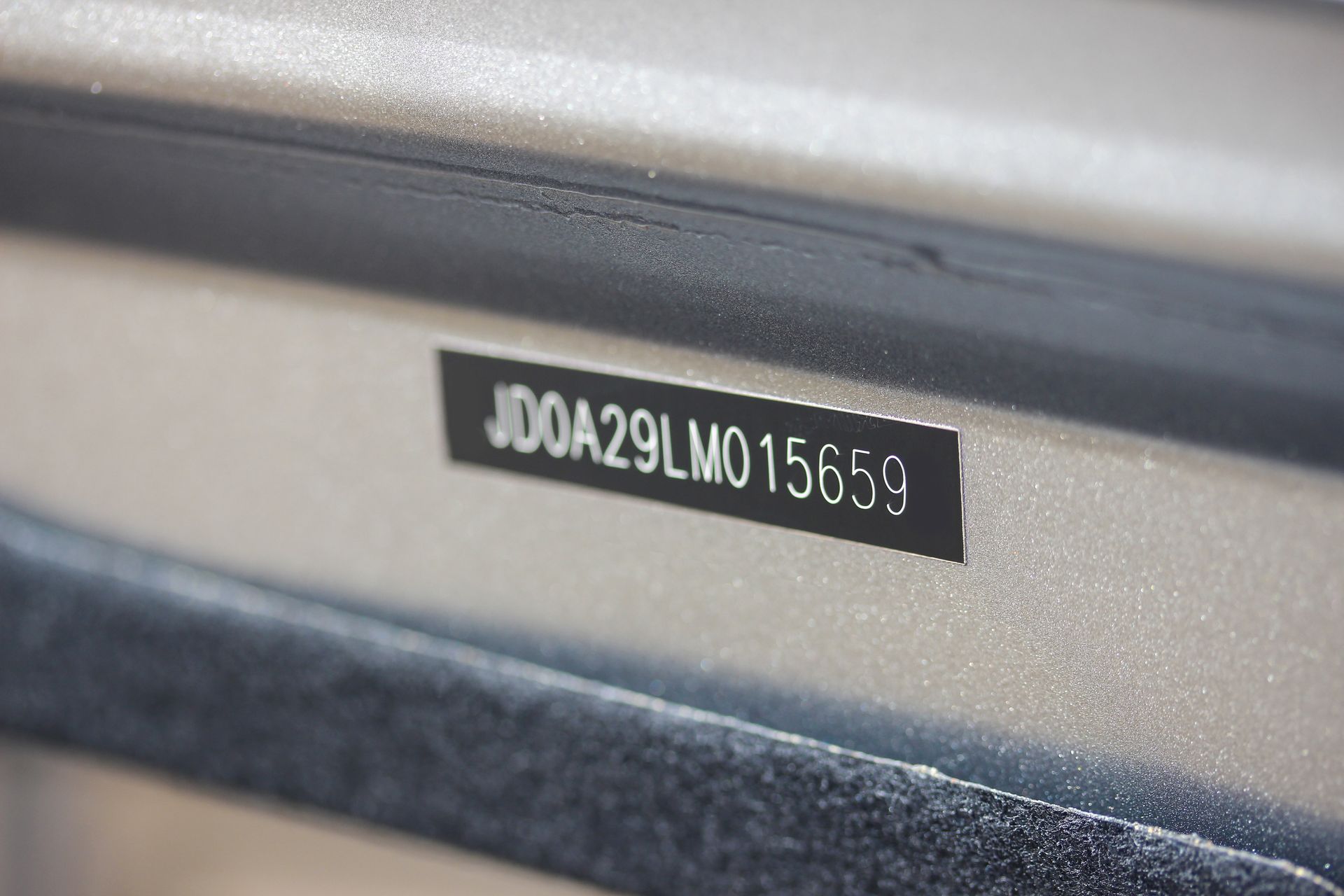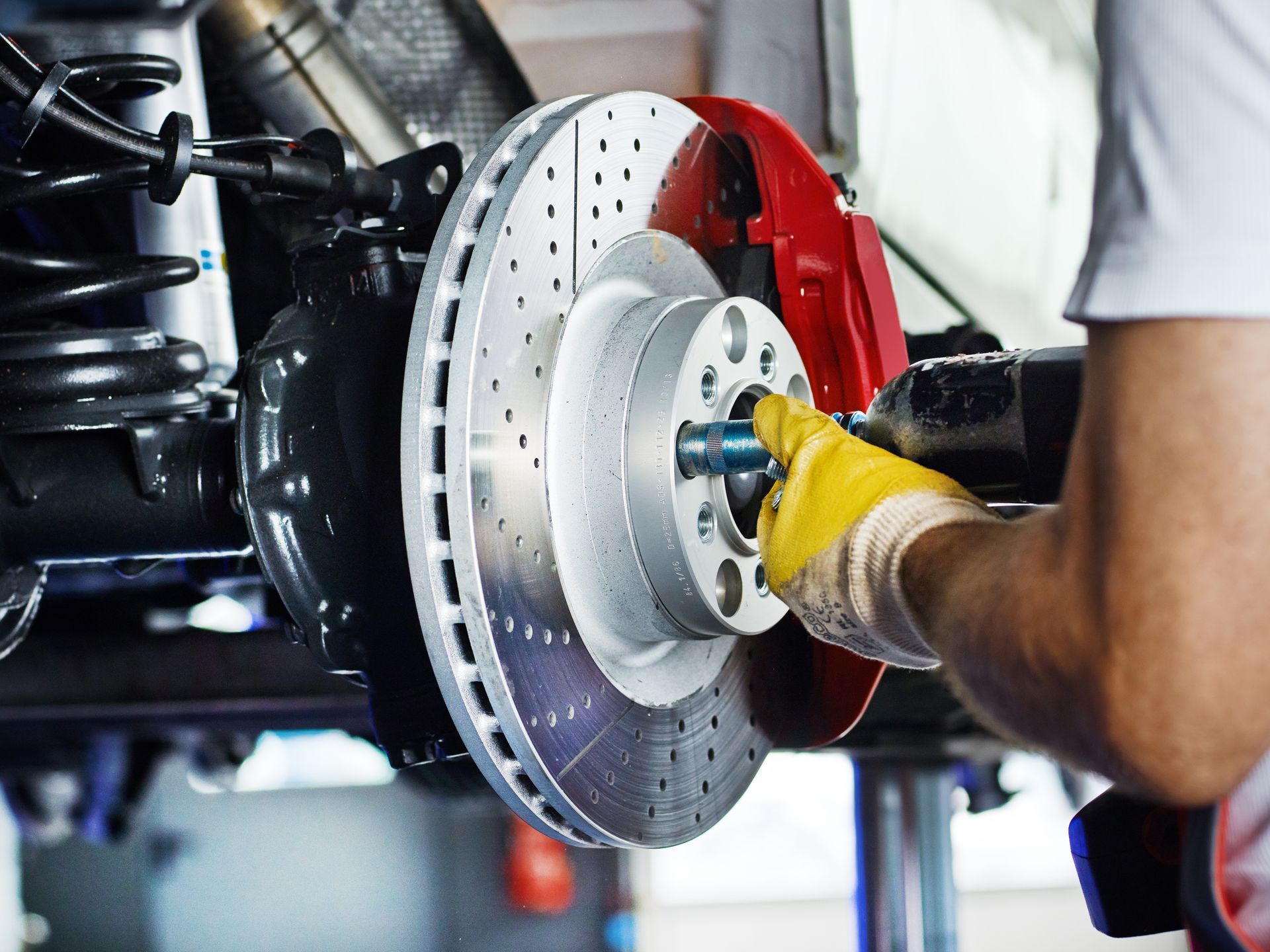If your car keeps blowing fuses, it’s a sign that something isn’t right with your electrical system. A fuse is designed to protect your car’s wiring and components by breaking the circuit when there’s an electrical overload. While a single blown fuse is usually nothing to worry about, repeatedly replacing the same fuse is a clear indicator of an underlying issue. Understanding why this happens and how to fix it can help you avoid bigger electrical problems down the road.
What Causes a Car to Keep Blowing Fuses
A blown fuse is usually a symptom of a deeper problem, not the root cause. Several factors can contribute to fuses blowing repeatedly, and pinpointing the exact issue requires some investigation.
1. Short Circuits in the Wiring
One of the most common reasons a fuse keeps blowing is a short circuit. This happens when an electrical wire touches metal or another wire, causing an unintended path for electricity. This sudden surge in power can overload the fuse, causing it to blow immediately.
Short circuits can be caused by:
- Frayed or damaged wiring
- Loose or exposed connections
- Moisture in electrical components
Since shorts can occur anywhere in your car’s wiring system, diagnosing them can be challenging without a professional inspection.
2. Overloaded Circuits
Every electrical circuit in your car is designed to handle a certain amount of power. If too many devices are drawing electricity from the same circuit, it can overload and cause the fuse to blow.
Common causes of overloaded circuits include:
- Aftermarket accessories like high-powered speakers, LED lights, or additional chargers
- Using the wrong type of fuse (one with a lower amperage than required)
- Faulty components that draw more power than they should
If you’ve recently installed new electronics or accessories, removing them temporarily can help determine if they’re causing the issue.
3. Water or Moisture in Electrical Components
Water and electricity don’t mix, and moisture can cause fuses to blow if they get into electrical connections. This can happen due to:
- Driving in heavy rain or flooding
- Leaks from a damaged sunroof, windshield, or door seals
- Washing your engine bay without proper precautions
If moisture is the culprit, drying out the affected areas and sealing any leaks can help prevent further electrical issues.
4. Faulty or Failing Components
Sometimes, the issue isn’t the wiring but the electrical component itself. A failing alternator, starter, or ignition system can create power surges, leading to blown fuses. Other components, like relays or control modules, can also short out, causing electrical malfunctions.
If your car has been experiencing other electrical issues—such as dimming lights, difficulty starting, or erratic dashboard displays—there may be a failing component that needs to be replaced.
What Should You Do If Your Car Keeps Blowing Fuses
While replacing a fuse is a quick fix, repeatedly dealing with the same blown fuse means it’s time for a deeper look. Here’s what you can do to address the problem:
Identify the Affected Circuit
Check your owner’s manual to see which system the fuse is protecting. This could be the headlights, power windows, radio, or something else entirely. Knowing where the problem lies helps narrow down potential causes.
Inspect the Wiring for Damage
Look for frayed, exposed, or melted wires near the affected circuit. Pay close attention to areas where wires pass through sharp edges or near moving parts, as these are common spots for damage.
Check for Water or Corrosion
If your car has been exposed to water or moisture, inspect the fuse box and electrical connectors for any signs of corrosion or dampness. Dry out any affected areas and use an electrical contact cleaner if needed.
Test Electrical Accessories
If you’ve recently installed aftermarket electronics, try disconnecting them to see if the problem goes away. Some accessories draw too much power or aren’t properly wired, leading to fuse issues.
Use the Correct Fuse Rating
Replacing a fuse with the wrong amperage can cause electrical problems. Always match the recommended fuse rating in your owner’s manual to avoid overloading circuits.
Seek Professional Help If the Issue Persists
If you’ve tried these steps and the problem still isn’t resolved, it’s best to have your car inspected by an expert. Electrical problems can be tricky to diagnose, and our trained technicians can use specialized tools to find hidden issues.
Why Ignoring Electrical Issues Is a Bad Idea
It might be tempting to keep replacing a blown fuse and move on, but doing so could lead to bigger and more expensive problems. A repeatedly blown fuse is a warning sign of a deeper electrical fault, and ignoring it could result in:
- Damage to expensive components like the alternator or control modules
- A complete electrical failure, leaving you stranded
- A potential fire hazard if short circuits go unchecked
For drivers in Burbank, CA, where frequent stop-and-go traffic and high temperatures can put extra stress on a vehicle’s electrical system, staying on top of fuse-related issues is even more important. Addressing problems early can prevent costly breakdowns and keep your car running safely.
Replacing fuses over and over?
It’s time for expert help! Bring your car to
Eurozone Motors in Burbank, CA, and let our technicians get to the root of the problem. Contact us today!










